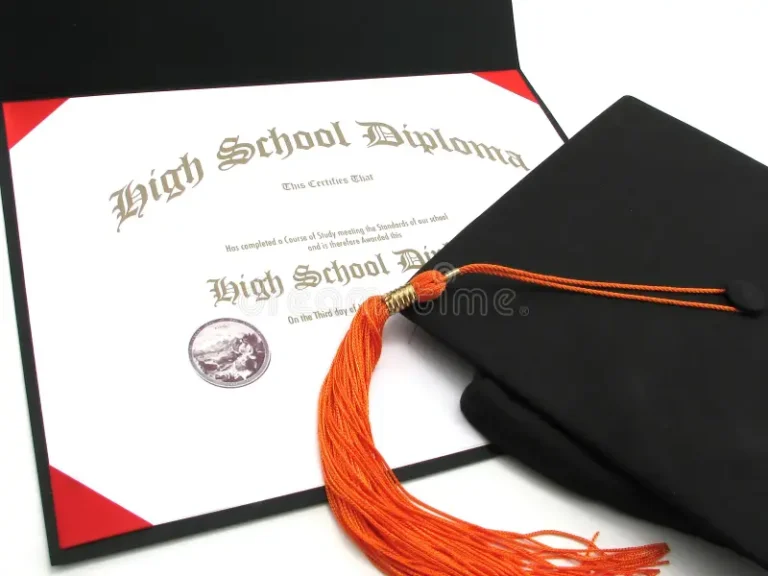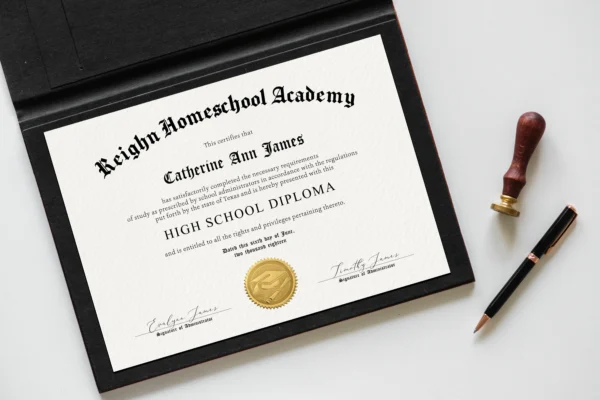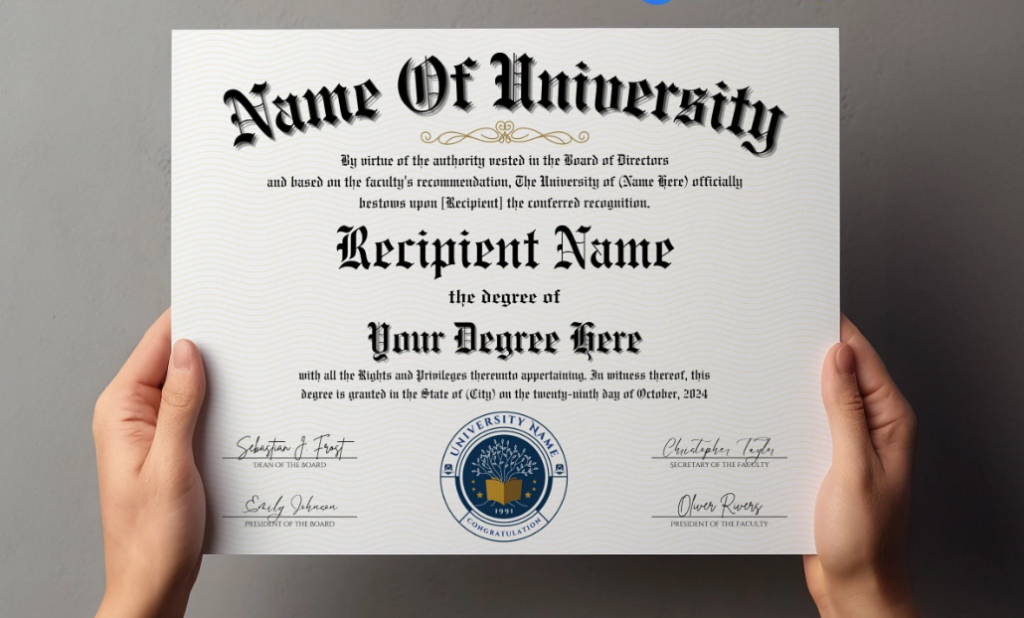The Psychology Behind The Demand For A Fake Degree

28
AUG
The Psychology Behind The Demand For A Fake Degree
The market for replica degrees has grown significantly, raising questions about what drives people to seek these documents. While the topic often carries negative connotations, understanding the fake degree psychology reveals a complex web of human needs that extend far beyond simple deception. It is leading towards professional confidence in the protection of valuable documents; the reasons people use fake degrees reflect deeper aspects of human psychology and social dynamics. Let’s get a deeper understanding of this in the blog post below:
Psychological Factors Driving Demand
Fear of Loss / Preservation
Original degree documents represent irreplaceable proof of educational investment and achievement. The potential loss, damage, or theft of these documents creates genuine anxiety for many individuals. Natural disasters, moving situations, or simple accidents can threaten these important personal records. Replica degrees offer a form of psychological insurance against this anxiety. Having a backup copy reduces worry about losing tangible proof of legitimate educational accomplishments while maintaining the emotional comfort that comes from possessing physical validation of achievements.
Authenticity Bias
Human psychology demonstrates a strong preference for objects that maintain authentic appearance and feel. A high-quality replica that accurately mirrors the original document satisfies psychological desires for visual authenticity, even when serving purely as a display piece or backup copy. This authenticity bias extends beyond mere appearance to encompass the emotional satisfaction derived from possessing something that looks and feels genuine, regardless of its practical applications.
Status & Display Psychology
Professional environments often emphasize the importance of visible credentials. The psychological comfort derived from having appropriate wall displays can affect confidence levels and professional interactions. Replica degrees serve as display pieces that fulfill the psychological need for environmental validation without risking damage to original documents. Visitors and peers who encounter these displays often interpret them as evidence of competence and trustworthiness, shaping their expectations and attitudes accordingly. This creates a subtle but powerful feedback loop: the professional feels validated by the display, others respond with greater respect, and the reinforced perception strengthens both self-belief and external recognition.
Escaping Judgment
Using a document as a shield against criticism about qualifications or knowledge is another reason individuals may turn to replica degrees. In environments where scrutiny over expertise is intense, having a visible representation of one’s qualifications, even if symbolic, can help deflect doubt or criticism. This perceived safeguard can reduce anxiety and reinforce confidence in professional settings, allowing individuals to focus on their contributions rather than constantly justifying their credentials. It becomes less about deception and more about creating a sense of validation in the face of potential judgment. A fake degree psychology shows that this need for validation often outweighs the intention to deceive.
Situational Motivation
People may feel a temporary urge to obtain a fake degree or document to fulfill a short-term need, such as using it as a prop in a film or for a theatre production. Psychologically, this stems from a desire to complete a task convincingly or satisfy creative and practical goals without long-term consequences. In such contexts, the fake credential is not intended to deceive in real-world applications but instead to enhance the authenticity of a performance or scenario.
The Illusion of Competence
Competence is not limited to demonstrable skills or technical expertise; it also depends on how individuals perceive their own abilities and how they assume others assess them. This is where the illusion of competence becomes powerful. A fake degree can serve as a symbolic credential that fosters what psychologists call “competence confidence.” Even though the qualification is just a replica, its presence may convince individuals that they are capable.
Psychologically, this validation operates as a self-fulfilling mechanism. When people believe they are competent, they are more likely to project confidence in their behaviour, communicate assertively, and take on responsibilities with greater ease. These outward signs of assurance can lead colleagues or superiors to view them as more reliable or knowledgeable, further reinforcing their sense of ability. In some cases, this perception alone can improve actual performance, as the reduction of self-doubt allows individuals to focus better and make decisions with clarity.
To wrap up
Ultimately, the demand for fake degrees underscores the profound human desire for symbols that represent success, achievement, and legitimacy in a world where tangible proof of accomplishments holds significant weight. For individuals or creators seeking realistic representations for harmless, situational purposes such as film productions, theater sets, educational demonstrations, or personal projects, a high-quality replica can fulfill this need without ethical or legal complications. Diploma Makers provides diplomas designed to emulate authentic credentials with precision and professionalism. Get in touch with us for more detailed information.




